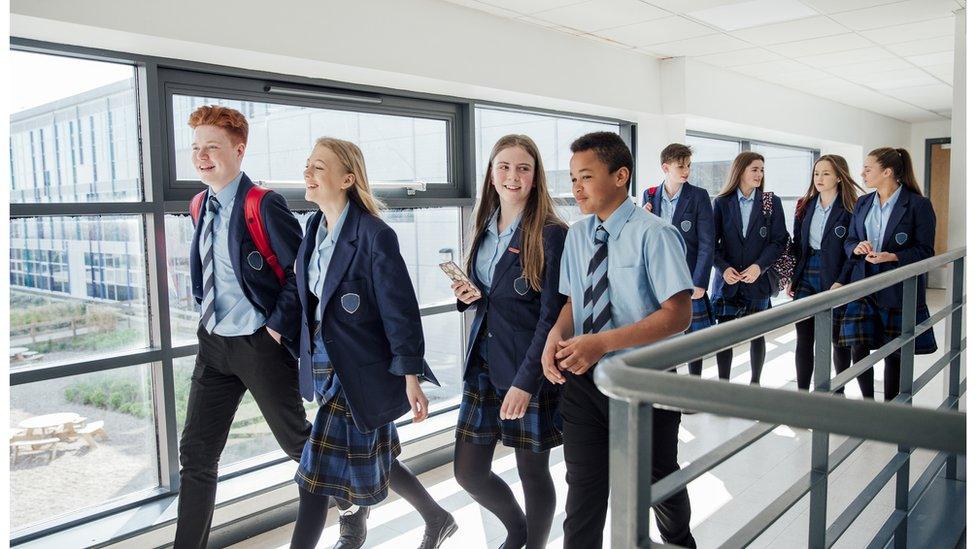Blaenau Gwent council told to improve council tax collection
- Published
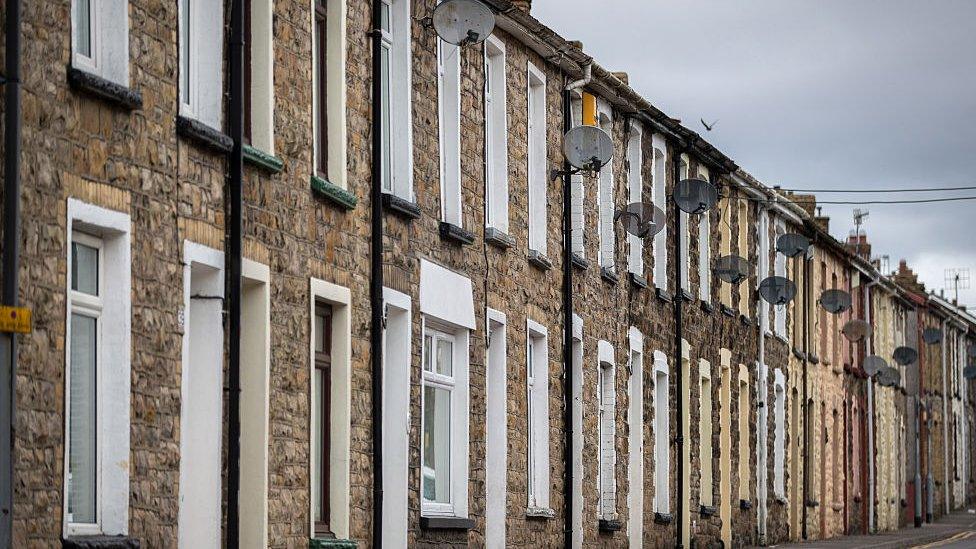
Blaenau Gwent serves one of Wales' most deprived areas but charges the highest rates of council tax
A council has been told it could raise an extra £1.2m by chasing up more of the council tax owed by residents.
The Wales Audit Office (WAO) said Blaenau Gwent council needs "a stronger financial culture" going forward.
But Lyn Elias, a member of the ruling Independent group, cautioned against comparisons with other authorities.
He pointed out that the area suffered from poor job prospects, lower wages and fewer high-value properties to shoulder the council tax burden.
The WAO recommended the council make changes to its council tax administration to "ensure prompt and efficient collection".
The auditors found that while Blaenau Gwent had the highest council tax staff costs of any Welsh councils, its rate of in-year tax collection was among the lowest, and it made the least use of direct debits to collect the money from residents.
Blaenau Gwent includes some of the most deprived areas of Wales but in 2018-19 charged the highest council taxes in Wales, around 50% higher than Pembrokeshire for equivalent types of property.
Councillor Elias outlined the economic challenges the council faced in setting and collecting council tax.
"We have lost 25,000 jobs over the last 10 years in this area," he told a meeting of the council's audit committee on Tuesday.
"And the jobs that have come to this area have not been attractive.
"We want to bring new developments to the area and bring higher property bands, but it has not been easy."
Steve Thomas, leader of the Labour opposition group, said the spending watchdog's review had highlighted "inherent weaknesses" going back years.
He said that if it proved "an impossible task" to improve the authority's financial performance, "then maybe we need to look for other solutions".
Mr Thomas has previously called for the council to consider merging with another local authority, according to the Local Democracy Reporting Service.
- Published11 October 2017
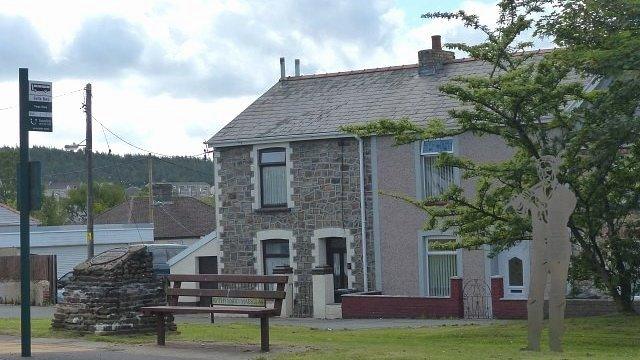
- Published27 June 2017
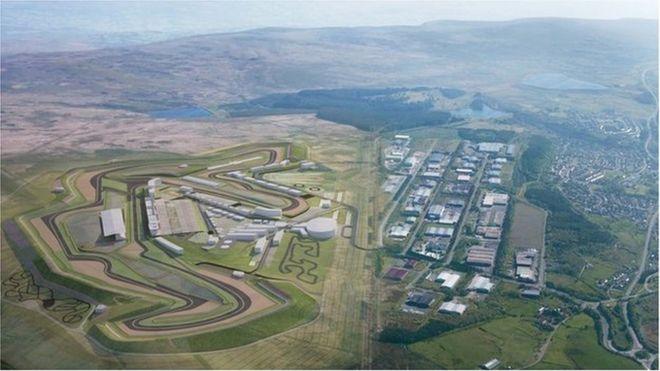
- Published12 January 2015
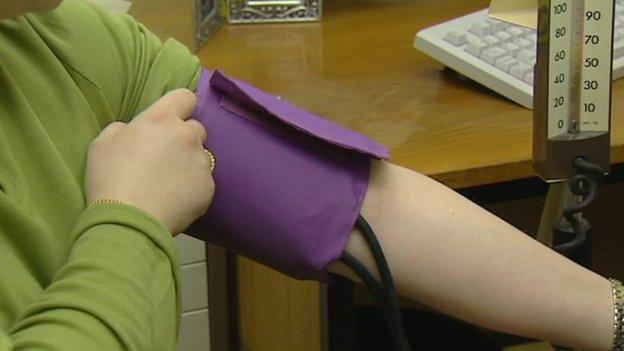
- Published15 February 2019
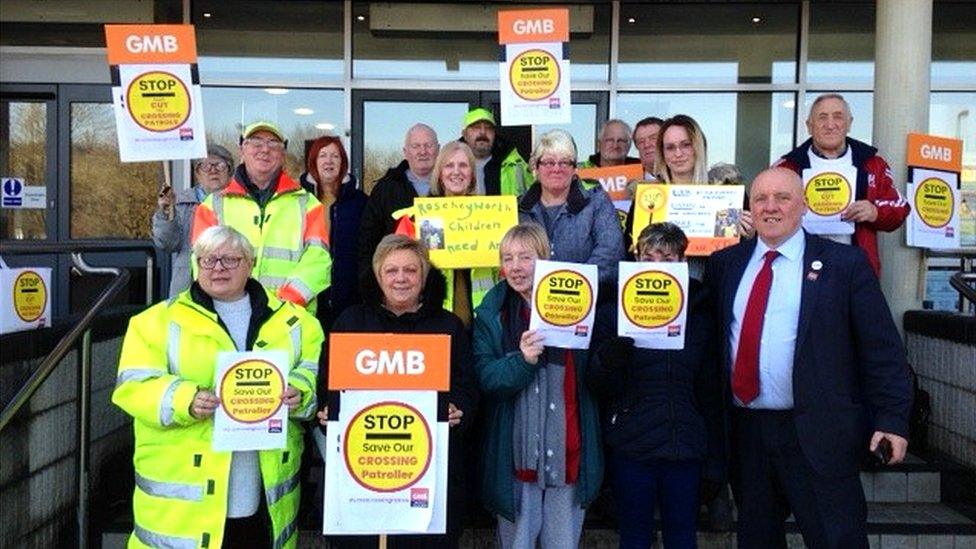
- Published24 October 2018
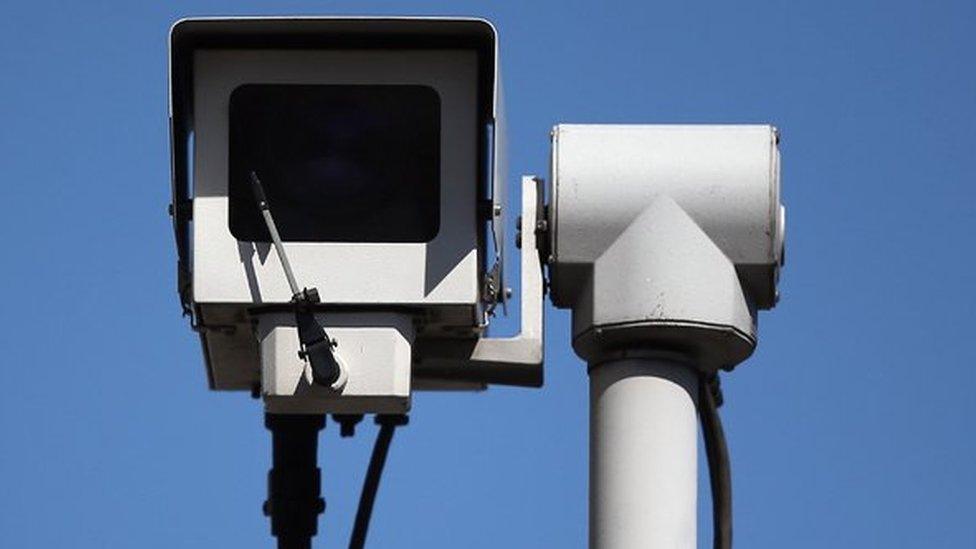
- Published5 September 2018
